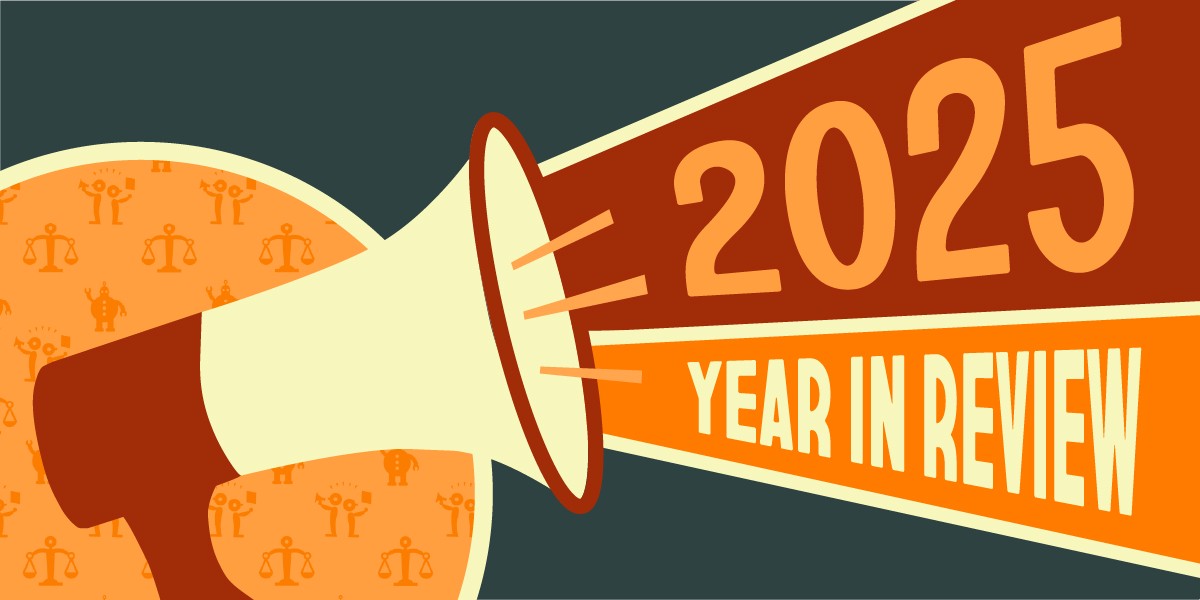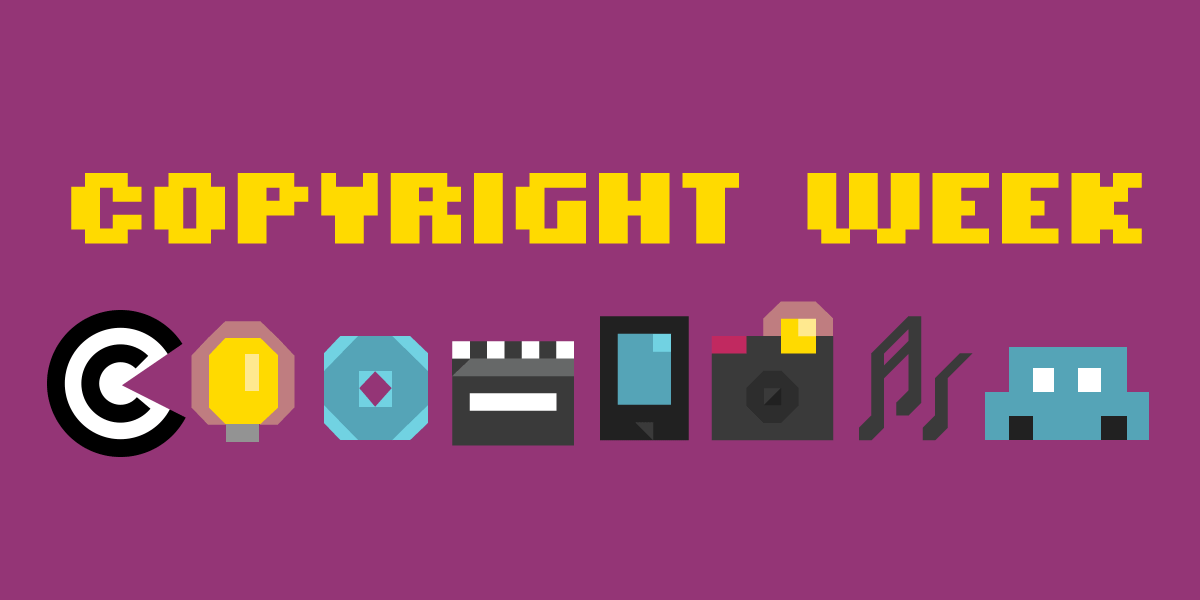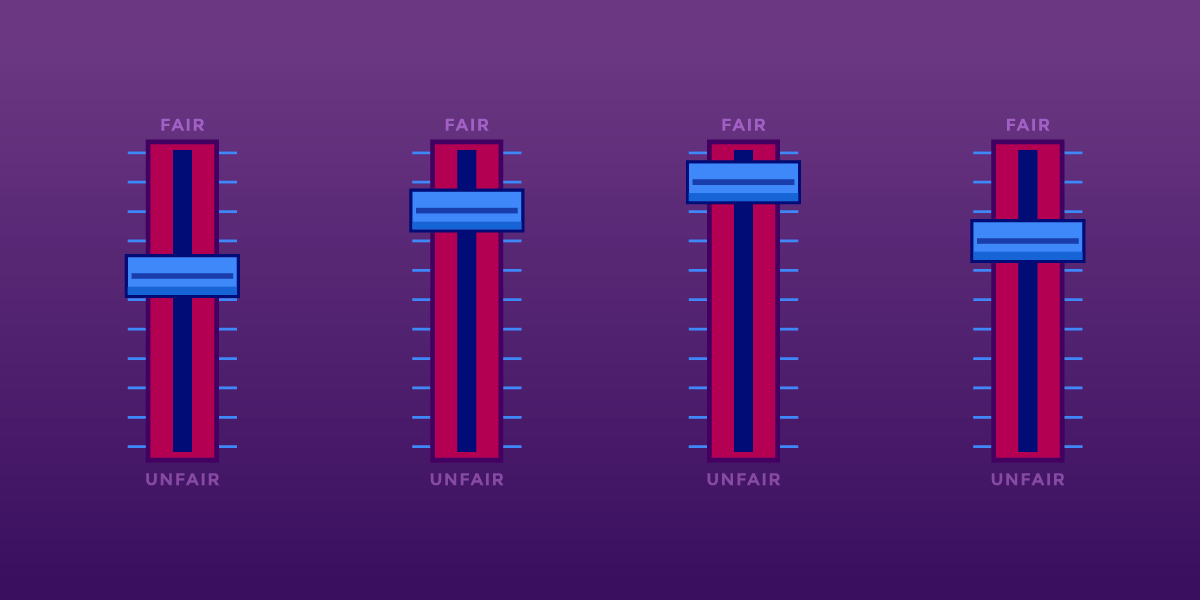Site Blocking Laws Will Always Be a Bad Idea: 2025 in Review
This year, we fought back against the return of a terrible idea that hasn’t improved with age: site blocking laws. More than a decade ago, Congress tried to pass SOPA and PIPA—two sweeping bills that would have allowed the government and copyright holders to quickly shut down entire websites based on allegations of piracy. The […]
Continue Reading




